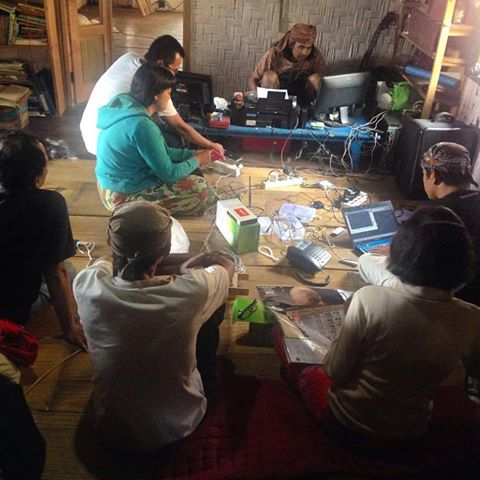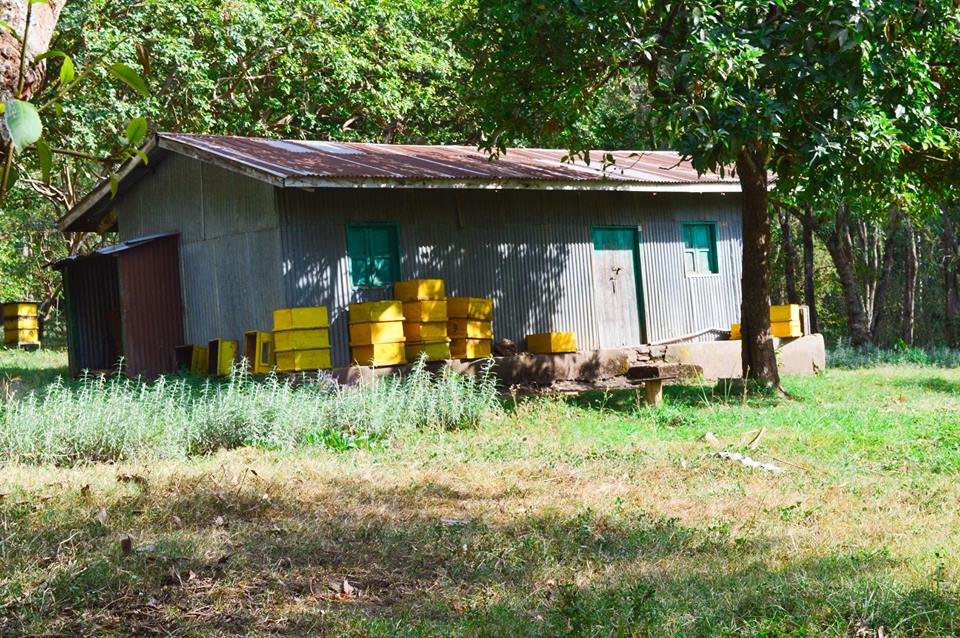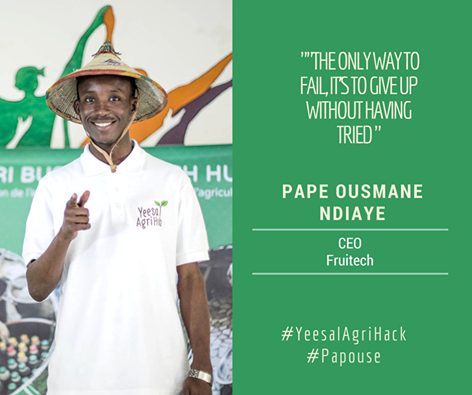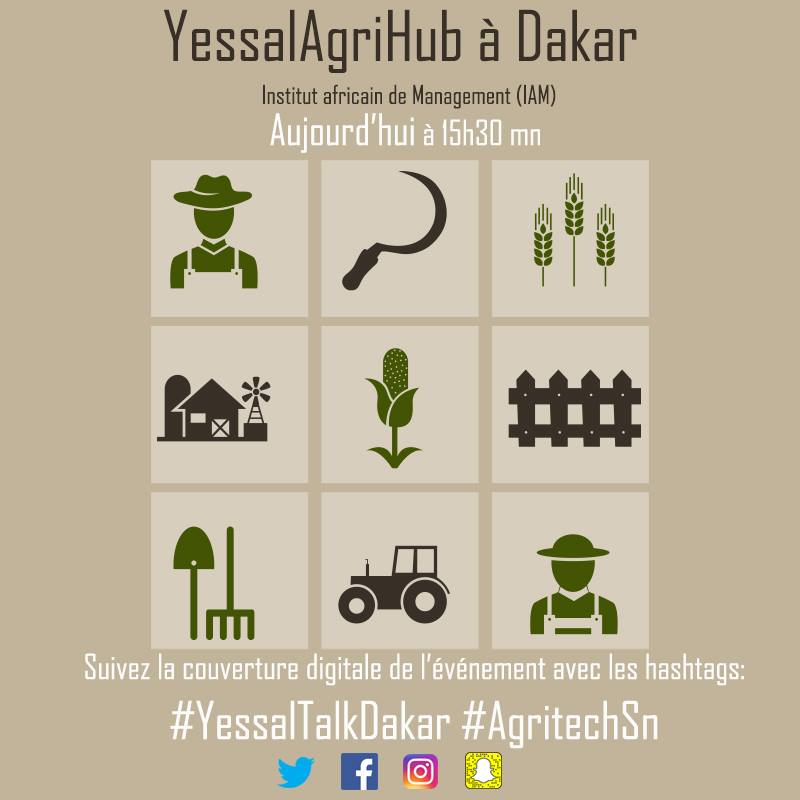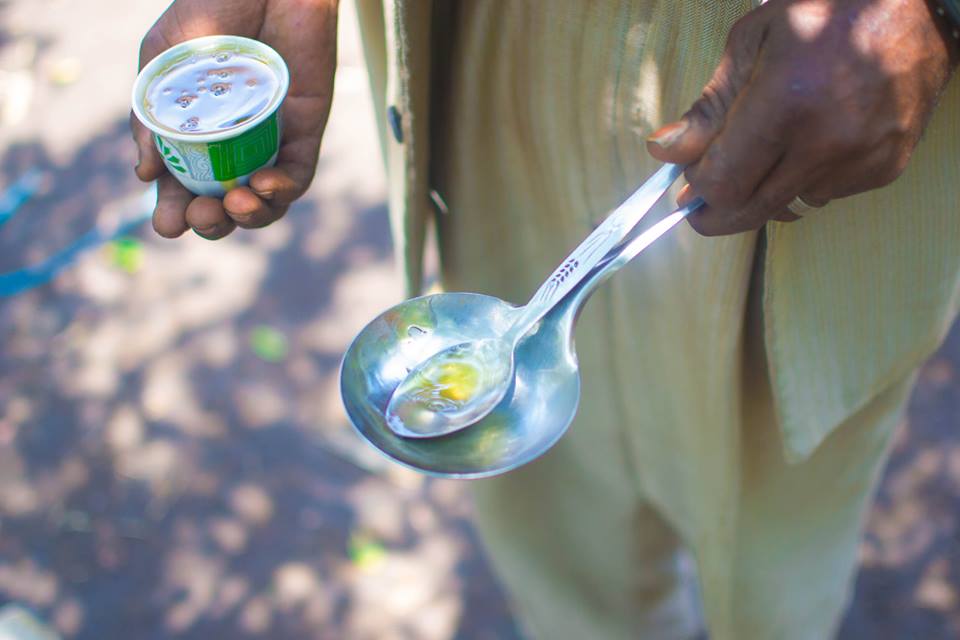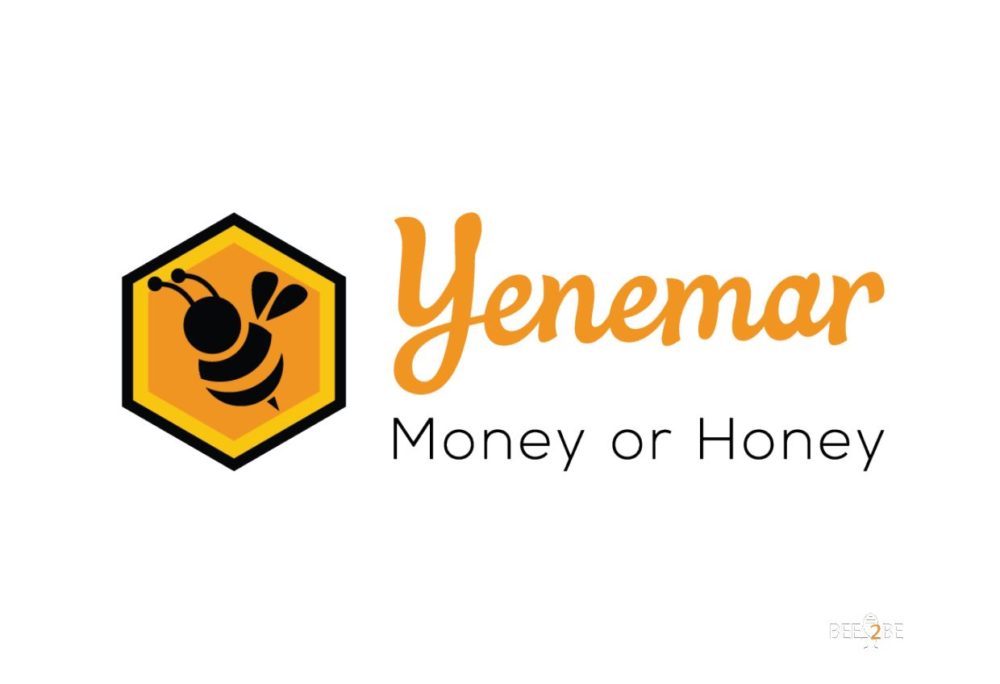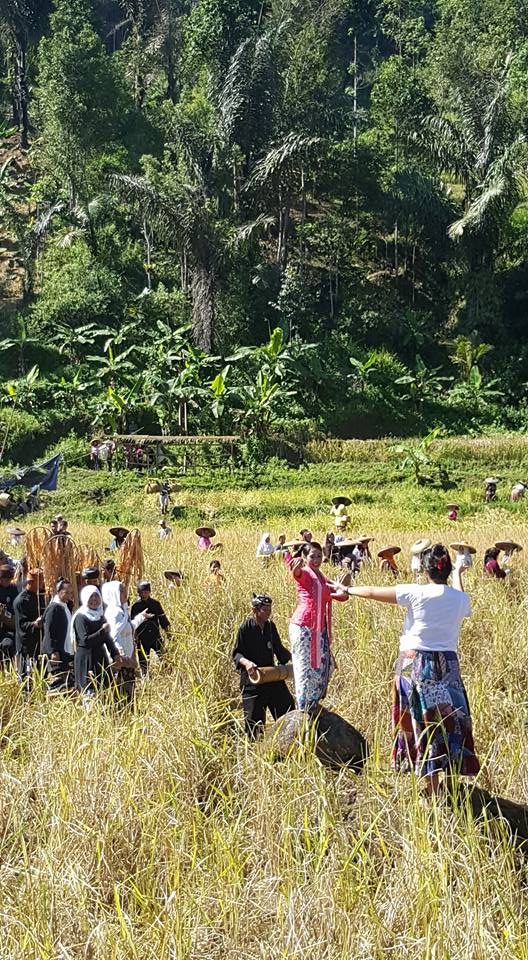Supporting co-creation processes in local and crossregional innovation communities
Young innovators from Africa, Asia and Europe collaborate to explore ICT for agriculture (ICT4Ag) solutions in each of their specific local contexts. The framework is provided by the Innovation Factory programme. A main aim of the Innovation Factory programme in the field of rural development and agriculture is the creation of innovative concepts of how technology can benefit small-hold farmers in the local context of each of four selected target countries: Ethiopia, Germany, Indonesia and Senegal. This global initiative was commissioned by the German Ministry of Economic Cooperation and Development (BMZ) and implemented by GIZ in cooperation with a network of local organisations and individuals. We as icebauhaus served as technical advisors to the programme in the field of ICT4Ag.
Since October 2015, the teams have set up national networks of experts and stakeholders including members of small-holder farmer communities, working on the ground to identify needs, to share knowledge and experience and to develop ideas for solutions that are suitable and sustainable within each local setting.
Youth, ICT and Agribusiness in Senegal
A community of young people in the Senegalese town of Thiès has established an agricultural technology innovation hub named “Yesaal Agrihub” as a focal point for IT-based technological innovation within the Senegalese agribusiness scene. The physical hub space offers a meeting place for interdisciplinary experts, entrepreneurs and agricultural and livestock producers, as well as a space for project collaboration, training and mentorship to network young ICT and agribusiness innovators and support startup businesses with an agricultural focus. Promising first steps have been taken in this ambitious and exciting community driven project.
Indigenous Culture and Rural Techies in Indonesia
In the mountains of West Java in Indonesia, the community of Kasepuhan Ciptagelar has both strong roots in the history of agriculture and ancestral traditions of farming, as well as a curiosity towards new technological innovations. The Indonesian Innovation Factory team collaborates with the community of Kasepuhan Ciptagelar to experiment with open source technologies that both integrate local knowledge and traditional wisdom while attempting to improve the productivity of farmers and to sustain the continued development of the community and its fruitful integration within the context of West Java. The ultimate aim thereby is to develop and implement realistic and genuinely helpful tech innovations in full ownership of the villagers themselves.
ICT Entrepreneurship and the Honey Value Chain in Ethiopia
Honey has always been very important for Ethiopian small-scale farmers, both for their own nutrition but also as an added source of revenue diversification, improving their long term income security. The team in Ethiopia intends to both support the further development of existing apicultural techniques and traditions, but also to involve the private sector in bolstering of the honey value chain by developing a new ecosystem for entrepreneurship and innovation around it in order to facilitate the sustainable development of context appropriate ICT solutions for the Ethiopian honey production sector.
Low-tech for community supported agriculture in Germany
The German country unit of the Innovation Factory programme has chosen to focus on the growing movement of a variety of small groups of citizens who aim to organise local and regional food self sufficiency. Under the terms of Urban Gardening, Transition Town or Community-Supported Agriculture, people with and without an agricultural background gather to realise a “non-industrial and market neutral” agriculture. A service is missing, which would continuously validate, refine, evaluate and appropriately communicate the multitude of small-scale technology innovations available on the market or as open source construction plans for DIY. The aim of the German team is therefore to bridge this gap by developing some sort of science-based and needs-focused service to bring suitable technologies closer to the selected target group.
DOWNLOAD: Prototyping New Forms of Tech Innovation for Small Scale Farming
CHECK: Team Presentations at re:publica (videostream)

